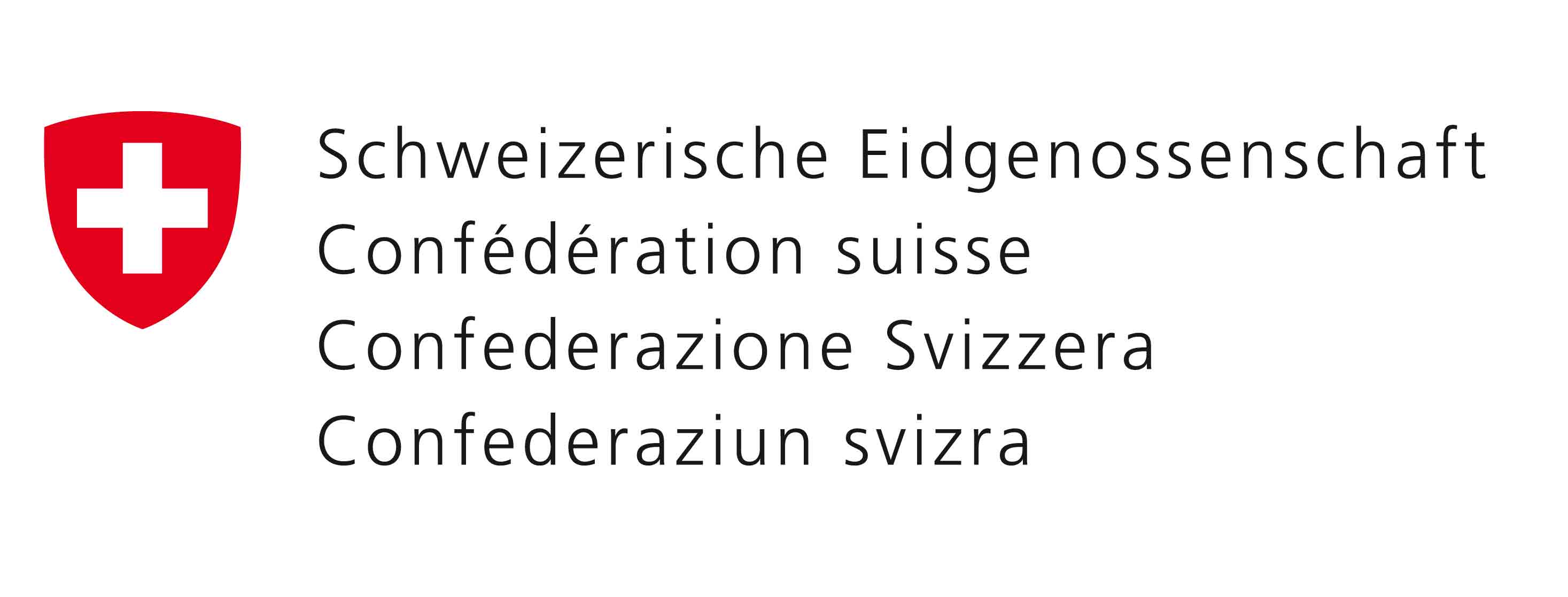Entwicklung von Spitzentechnologielösungen für eine nachhaltige Land- und Forstwirtschaft
Dieses Projekt ist ein spezifischer Anwendungsfall (UC) innerhalb eines großen Europa-Horizont-Projekts mit 53 Partnern aus 15 Ländern. The consortium will develop European state-of-the-art technologies in electronic components and systems for future needs, building European resilience in critical sectors and strongly contribute to sustainability targets and climate change mitigation.
The project/use case that will be carried out at Changins is composed of two different subprojects/use cases. The first part aims to use an innovative sensor (PhytlSigns produced by the Swiss start-up Vivent) which is still in a R&D phase for outdoor crops. The sensor harnesses the electrophysiological signals of plants in situ and in real time to provide early detection of different crop stressors. Dieses Werkzeug ermöglicht es den Landwirten, auf Pflanzenstress zu reagieren, bevor sichtbare Symptome auftreten. Early detection will lead to significant reductions of pesticides, in the case of fungal disease, and to a more efficient water use for irrigation. Die Schweiz ist derzeit weltweit führend in der Pflanzenüberwachung mithilfe der Elektrophysiologie. Changins college for viticulture and enology (Haute école specialisée de suisse occidentale: HES-SO) will conduct controlled climate chamber as well as field experiments on adult and young potted grapevines using PhytlSigns sensors to evaluate and test its potential in the early detection of different abiotic (water, temperature stress) and biotic (fungal and viral) stresses.
Im zweiten Teil des Projekts wird Changins (HES-SO) zusammen mit dem Schweizer Start-up Swisens an der Entwicklung eines Werkzeugs arbeiten, mit dem verschiedene Pilzsporen in der Umgebungsluft eines Weinbergs aufgespürt und quantifiziert werden können. Dieser Teil wird dazu beitragen, die Genauigkeit der Klimamodelle zu erhöhen, die zur Vorhersage von Pilzkrankheiten (Downey-Milbe: Plasmopara viticola und Krautfäule: Erysiphe necator) verwendet werden. The project will strongly support sustainable viticulture, reducing pesticide application and water usage, improving yields and profitability for growers, in a world highly impacted by global warming.
2023 - in progress
Partners: Agroscope, Swisens, Vivent
Funding: Innosuisse, SEFRI

